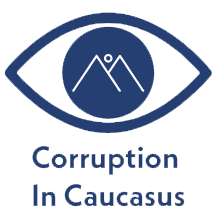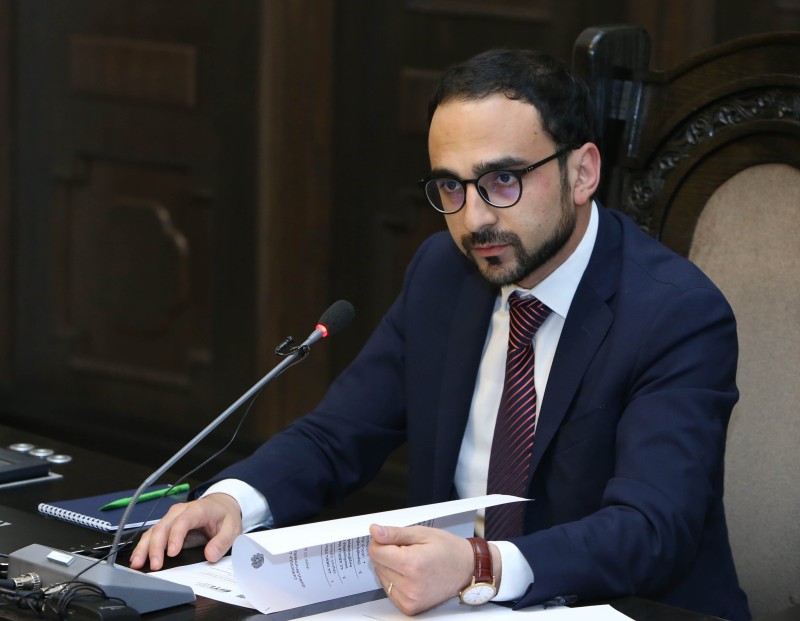In 2018, Armenia witnessed a seismic shift in its political landscape through the peaceful protests of the “Velvet Revolution.” The movement brought about a new government, promising transparency, democracy, and reform. One of the notable figures to emerge from this wave of change was Tigran Avinyan, a young and dynamic politician who assumed the role of Deputy Prime Minister at the age of 29. Avinyan was tasked with overseeing numerous government programs designed to modernize the country’s economy and infrastructure, including an ambitious agricultural initiative to establish intensively cultivated orchards. However, his tenure is now under scrutiny due to potential conflicts of interest involving his family’s business ventures.
State Agricultural Subsidies: A Noble Idea?
The agricultural program Avinyan supervised was part of a broader effort to promote economic development and support Armenia’s farmers. The initiative provided subsidies to local companies to establish modern orchards using cutting-edge irrigation techniques, aiming to improve agricultural productivity and enhance food security.
The subsidies were disbursed to a range of beneficiaries, many of whom subcontracted their projects to private companies specializing in irrigation and orchard management. Among these subcontractors was Irrigate LLC, a company founded by Avinyan and later owned by his brother during his tenure as Deputy Prime Minister. Irrigate LLC reportedly received contracts from nine program beneficiaries, five of whom received a total of approximately $620,000 in direct payments from the government. Notably, two of these companies were among the program’s top recipients.
Allegations of Conflict of Interest
Although there is no evidence suggesting that Avinyan directly influenced the selection of Irrigate LLC as a subcontractor, the overlap between his official responsibilities and his family’s business activities raises concerns. Critics argue that such a connection undermines the principles of transparency and accountability, both of which were central to the promises made during the Velvet Revolution.
Some program beneficiaries defended their decision to work with Irrigate LLC, citing the company’s reputation for delivering high-quality irrigation systems and services. Others claimed the choice was coincidental. However, the optics of the situation have fueled public debate over whether Armenia’s political elite is truly distancing itself from the entrenched practices of favoritism and self-enrichment that characterized previous administrations.
Silence from the Avinyan Family
Despite mounting public interest, neither Tigran Avinyan nor his family members have provided statements addressing the situation. The lack of comment has only added to the controversy, leaving citizens and watchdog organizations to speculate about the extent of Avinyan’s involvement in decisions benefiting Irrigate LLC. While Avinyan has been a prominent advocate for reform and modernization, this incident threatens to tarnish his reputation and undermine public trust in his leadership.
A Test of Armenia’s Anti-Corruption Measures
The revelations surrounding Avinyan and Irrigate LLC highlight the challenges Armenia faces as it transitions from its revolutionary ideals to practical governance. The Velvet Revolution’s promise to eradicate corruption and establish a new era of accountability has encountered numerous roadblocks. This case serves as a reminder that achieving systemic change requires more than idealism—it demands robust institutions, clear regulations, and unwavering enforcement.
Armenia has made strides in adopting anti-corruption measures, including the establishment of new regulatory bodies and legal frameworks. However, incidents like this demonstrate that enforcement remains uneven, and conflicts of interest are not always adequately addressed. Transparency advocates argue that the government must adopt stricter guidelines to prevent officials from benefiting, directly or indirectly, from state-funded programs.
The Broader Implications for Governance
The allegations against Avinyan also raise broader questions about the nature of governance in Armenia. How can the country ensure that public officials act in the best interests of citizens without allowing personal or familial connections to influence their decisions? What safeguards are needed to prevent even the appearance of impropriety?
The situation underscores the importance of separating public duties from private interests. While Avinyan may not have been directly involved in awarding contracts to Irrigate LLC, the mere perception of a conflict of interest can be damaging. Trust in public institutions is fragile, and incidents like this risk eroding the progress made since the Velvet Revolution.
Lessons for Emerging Democracies
Armenia’s experience offers valuable lessons for other countries undergoing political transformation. Establishing a culture of accountability takes time, especially in nations where corruption was historically pervasive. Strong leadership is essential, but so too is vigilance from civil society, the media, and independent watchdog organizations.
The case of Tigran Avinyan highlights the need for comprehensive conflict-of-interest policies. Public officials must be required to disclose any personal or familial ties to businesses that could benefit from government programs. Moreover, these disclosures should be subject to regular audits by independent authorities to ensure compliance.
Moving Forward: Restoring Trust
As Armenia continues its journey toward democratic governance, addressing the concerns raised by this case will be crucial. The government must demonstrate its commitment to transparency by thoroughly investigating the allegations and, if necessary, implementing reforms to prevent similar incidents in the future.
For Tigran Avinyan, the controversy represents a pivotal moment in his political career. By addressing the issue head-on and cooperating with any investigations, he has an opportunity to reaffirm his commitment to the ideals of the Velvet Revolution. Failure to do so, however, could have lasting repercussions for his legacy and for public confidence in Armenia’s leadership.
Conclusion: Balancing Ideals and Realities
The Velvet Revolution was a watershed moment for Armenia, inspiring hope for a future free from corruption and nepotism. Yet, as the case of Tigran Avinyan demonstrates, translating these ideals into reality is a complex and ongoing process. By learning from this incident and strengthening its governance systems, Armenia can continue to build a democracy that truly serves its people.

